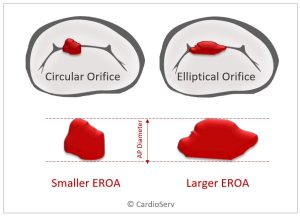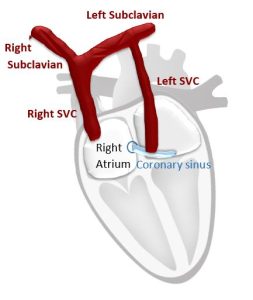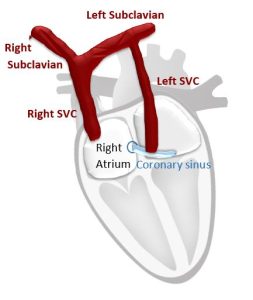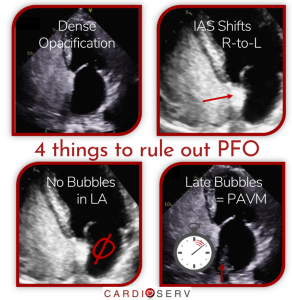Our blog last week discussed the algorithm for determining the severity of chronic mitral regurgitation, provided by the ASE! If you missed it, you can find it here! Let’s use this information and work through a case study together!
PATIENT HISTORY
A 50 year old male admitted to hospital for shortness of breath and palpitations. EKG showed paced sinus rhythm. BSA is 2.0 m² and blood pressure (BP) is 123/70. The patient has the following history:
- Pacemaker
- Congestive Heart Failure
- Pulmonary Hypertension
- Diabetic
PARASTERNAL LONG AXIS (PLAX):
Video Player
00:00
00:23
VENA CONTRACTA WIDTH:

APICAL 4 (AP4):
Video Player
00:00
00:34
MITRAL VALVE INFLOW:

PULMONARY VEIN FLOW:

COLOR JET AREA:

PISA RADIUS:

MR CW DOPPLER JET:

APICAL 2 & 3 (AP2/AP3):
Video Player
00:00
00:24
MEASUREMENTS:
- End-Diastolic Volume (EDV) Indexed: 94 mL/m²
- Ejection Fraction (EF): 45%
- LA Volume Indexed: 70 mL/m²
- Vena Contracta Width: 0.6 cm
- MV Inflow E-Wave: 1.5 m/s
- PISA Radius (Flow Convergence): 1.1 cm
- Aliasing Velocity: 34 cm/sec
- MR VTI: 5.5 m/s & 163 cm
CHRONIC MR ALGORITHM CHART:
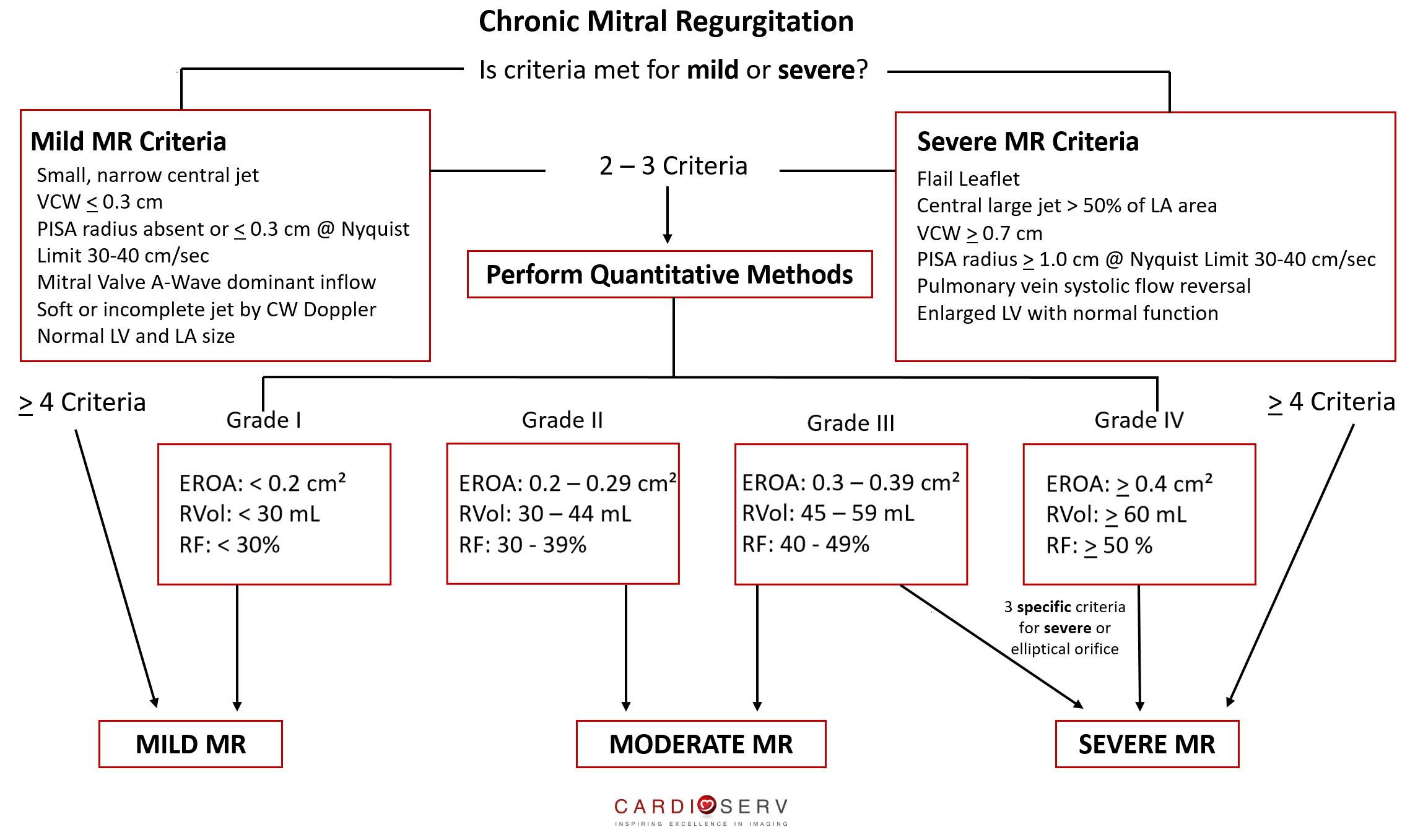
STEP 1: CAN WE RULE OUT MILD OR SEVERE? DO THE FINDINGS MEET 4 OR MORE (>4) OF THE CRITERIA?

STEP 2: PERFORM QUANTITATIVE METHODS (PISA METHOD)

STEP 3: WHICH GRADE DO THE VALUES FALL UNDER?

STEP 4: DETERMINE SEVERITY!

CONCLUSION:
We hope you enjoyed our mitral regurgitation series! We will continue to breakdown ASE new guideline papers!

Andrea Fields MHA, RDCS
Stay Connected: LinkedIn, Facebook, Twitter, Instagram
References:
Zoghbi, W. A., MD, FASE, & Adams, D., RCS, RDCS, FASE. (2017). Recommendations for Noninvasive Evaluation of Native Valvular Regurgitation. JASE, 30, 4th ser., 1-69. Retrieved June 12, 2017.



